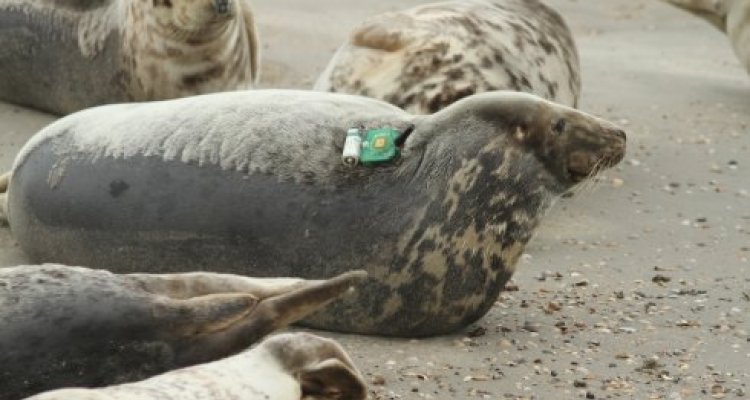
Generic article
Reducing ecological risks of offshore wind farms
Many wind farms are being built or are planned to be built in the North Sea. However, the North Sea is also home to animals such as bats, sea birds, seals, porpoises, and fish. Due to this large-scale development, their habitats are changing at a rapid pace. On the one hand, there are direct effects, such as collisions with the wind turbines, but there are also indirect consequences, such as behavioural change, disturbance, and habitat loss.
Wageningen Marine Research supports the government and the energy sector by conducting research into the scope of these ecological effects during the construction and operational phases and into ways to limit these through mitigating measures and innovations. These include monitoring migration routes of seals, birds, and bats; measuring the effects of underwater noise on porpoises, seals, fish, and fish larvae; and analysing habitat loss for birds and other animals.
We also conduct modelling research in order to describe the potential, long-term, cumulative effects of the construction of wind farms on a large scale.
By doing this, WUR contributes to a reduction in ecological risks regarding the growth of offshore wind farms.
- Unfortunately, your cookie settings do not allow videos to be displayed. - check your settings